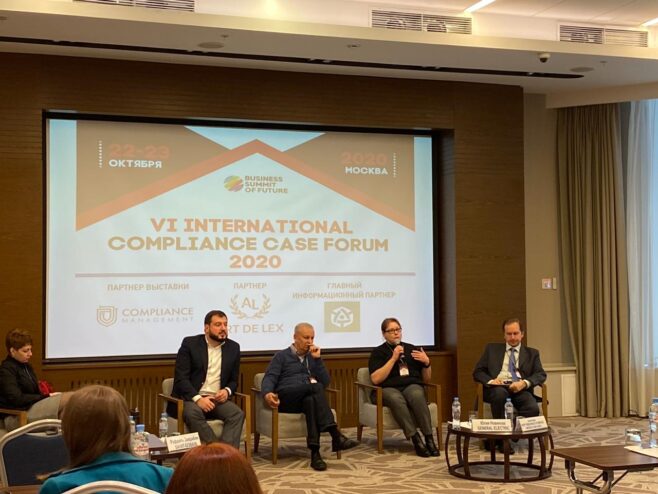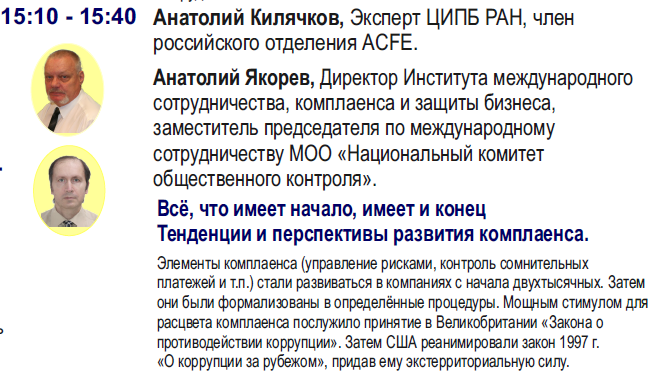Ethics institute to probe perceptions about Chinese businesses in Africa
A SURVEY to gauge perceptions about Chinese companies doing business in African countries has been commissioned by the Johannesburg-based Ethics Institute of South Africa (Ethics SA).
China is aggressively pushing into Africa. The country is South Africa’s largest trading partner in the Brics bloc, which also includes Brazil, Russia and India.
While investment from China in Africa reportedly accounts for only 10% of the country’s total foreign investment, the second-biggest economy in the world is increasingly showing interest in doing business on the continent. But some have raised concern over the ethical conduct of Chinese companies here.
Ethics SA CEO Deon Rossouw said this week the survey would provide a factual basis for dialogue with the Chinese government and Chinese companies about their involvement in Africa.
Mr Rossouw said his fears over «one-dimensional» investment from China stemmed from the fact that the Chinese were «at an emerging state of capitalism that is not at the corporate responsibility» level at the moment.
«We often hear the complaints that it doesn’t lead to employment of locals, but suppliers do get business,» he said. «We hear that they do create jobs locally.»
Ana Alves, a senior researcher in economic diplomacy at the South African Institute of International Affairs, said concern about Chinese business activity in Africa was warranted «to some extent».
Ms Alves added, however, that «China is not entirely to blame for the current state of China-Africa relations».
She said Africans also had to shoulder some of the blame for not developing the appropriate regulatory frameworks to govern the economic relationship. The problem often arose from of a lack of sufficient knowledge among Africans when negotiating economic deals with China.
«The Chinese in Africa are not here for charity — they are here for business. Africans need to have that in mind when they are agreeing to deals with China,» Ms Alves said.
Mr Rossouw said one factor that set Chinese investment apart from Western countries’ investment in Africa was its «no strings attached» policy of «non-interference».
«Where institutions such as the World Bank have strings attached to investments, we don’t see the same with the Chinese government. They have much less scruples when in places such as Zimbabwe and Sudan,» Mr Rossouw said.
Frontier Advisory CE Martyn Davies disagrees that Chinese businesses should be singled out in terms of ethical practice due to state politics.
The enforceability of business practices within African states resided heavily with the destination country, where «the buck stops at home», and not the state of origin of the capital, he said. The best determinant of ethical practice continued to be a country’s local institutions, he said.
In terms of the perception of that the Chinese government did not politically interfere or attach strings to investment, Dr Davies said it was worth noting there were no areas of Africa where businesses from other states were not active.
The countries to be surveyed by Ethics SA were chosen based on the size of the Chinese investment within their borders. They are South Africa, Angola, Benin, Cameroon, the Democratic Republic of Congo, Ethiopia, Ghana, Kenya, Mozambique, Nigeria, Sudan, Tanzania, Zambia and Zimbabwe.
The findings of the survey will be announced in January at the Global Ethics Forum in Bangalore, India.
 About IUM
About IUM CBE&C
CBE&C Team
Team Projects
Projects Initiatives
Initiatives Partners
Partners Publications
Publications Services
Services Training
Training



